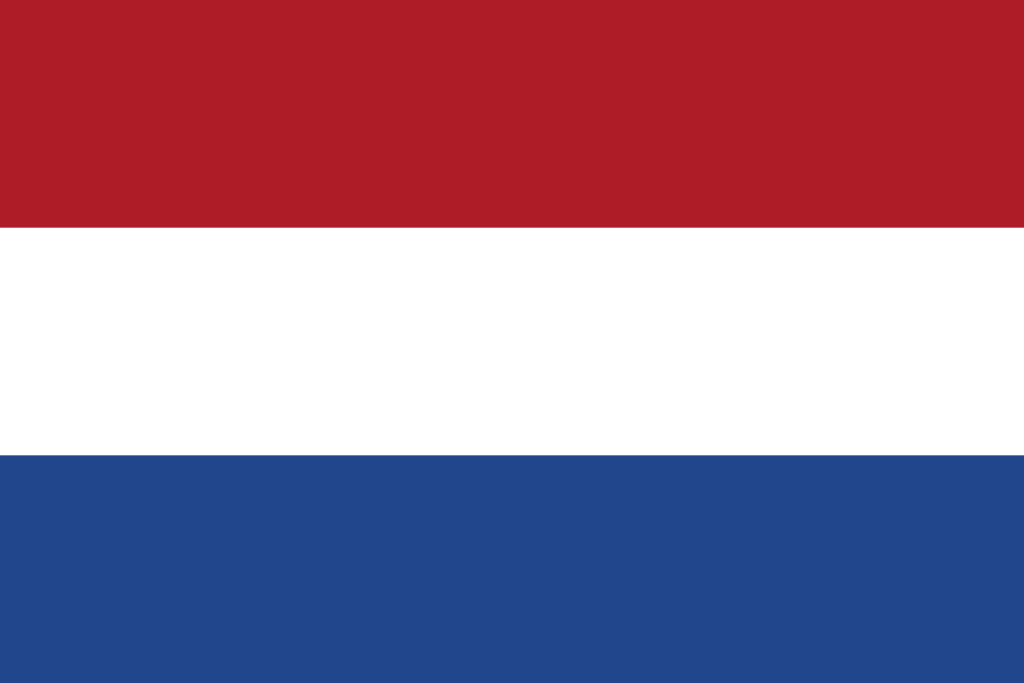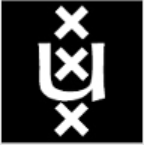
ΑΙhub.org
ROBUST AI programme receives additional €25 million in funding from Dutch Research Council

ROBUST, a new initiative by the Innovation Center for Artificial Intelligence (ICAI), is supported by the University of Amsterdam and 51 government, industry and knowledge-sector partners. The programme aims to strengthen the Dutch artificial intelligence (AI) ecosystem by boosting fundamental AI research. ROBUST focuses primarily on the development of trustworthy AI technology for the resolution of socially relevant issues, such as those in healthcare, logistics, media, food and energy. The research sponsor, the Dutch Research Council (NWO) has earmarked an extra 25 million euros for the programme for the next 10 years.
ROBUST unites 17 knowledge institutions, 19 participating industry sponsors and 15 civil-social organisations from across the Netherlands. Maarten de Rijke, UvA university professor of Artificial Intelligence and Information Retrieval, is the ROBUST programme leader.
The additional €25 million grant comes from a call by the research council for long-term programmes, which give strong public-private consortia the chance to receive funding for a ten-year period. This as part of the initiative of the Dutch AI Coalition to invest in explainable and trustworthy AI. Next to the research council, companies, knowledge institutes contribute to the programme. The total ROBUST budget amounts to €87.3 million, of which 7.5 million comes from the Ministry of Economics and Climate. The ROBUST programme is complementary to the AiNed programme and will shape the collaboration on dissemination, consolidation and valorisation of the results, as well as retaining talent in the Netherlands. This contributes to the ambitions of the Strategy Digital Economy of the cabinet, to be in the forefront of human-centred development and applications AI.
170 new PhD candidates
Seventeen new public-private labs will be set up under the ROBUST umbrella and form part of the Innovation Center for Artificial Intelligence (ICAI), thus bringing its lab total to 46. ICAI focuses on AI talent and knowledge development. In the coming year, ROBUST will recruit no fewer than 85 new PhD candidates, followed by another 85 in five years’ time.
Human-centred AI for sustainable growth
“What makes ROBUST unique is that not only will the new labs contribute to economic and technological objectives, they will also aid the United Nations’ sustainable development goals aimed at reducing poverty, inequality, injustice and climate change”, says De Rijke. “One important focus of all projects is to optimise reliable AI systems for qualities such as precision, soundness, reproducibility, resilience, transparency and security.”
Twin-win study
Just like the other ICAI labs, the ROBUST labs will put the twin-win principle into practice: intensive public-private research partnerships in AI technology that lead to open publications and solutions that have been validated in practice. “We test our scientific findings within an industry context. Research and practice thus come together at an earlier stage, allowing for far better validation of the results. This way, research validation doesn’t end in the lab, but also in the outside world.”
Startups, SMEs, and policymakers
“AI is a systemic technology that touches all aspects of society. That’s why it’s important to ensure that the application of AI technology becomes a widely shared responsibility. ROBUST collaborates with regional civil-social partners throughout the Netherlands, and especially with startups and small to medium-sized enterprises (SMEs).” The objective is not only to develop knowledge and innovations with ROBUST partners, but also to make them more widely available to other parties within the Dutch ecosystem. New findings and their policy implications will also be shared with national and European policymakers.









